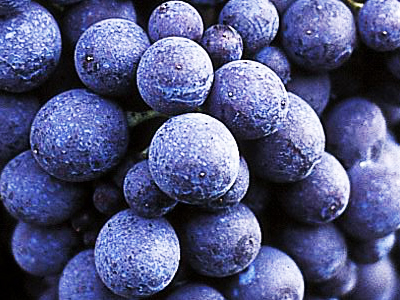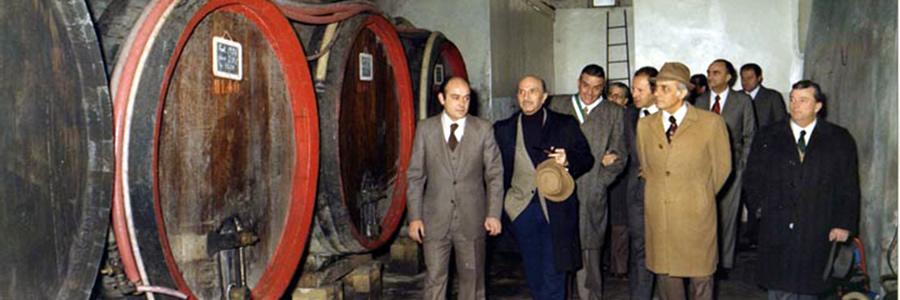FEATURES
The DOC
Rosso Piceno DOC (Controlled Designation of Origin) wines must be obtained from grapes from the vines historically cultivated in the Marche region.
These are Montepulciano, with percentages ranging from 35% to 85% and Sangiovese, with a variable percentage from 15% to 50%.
Other non-aromatic red grape varieties suitable for cultivation in the Marche region can contribute up to a maximum of 15% of the wine, alone or with others. By regulation the grapes destined for vinification must ensure that the wines have a natural alcoholic strength by volume of at least 11%.
The interaction between the hot and breezy summers with the cold and rainy winters and orographic conditions ensure that the Montepulciano and Sangiovese vines find their ideal conditions for growing in this area providing the wines with a particular and unique bouquet
Production Area of Rosso Piceno DOC
This area identified for the production of Rosso Piceno DOC includes the provinces of Macerata, Fermo, Ascoli Piceno and Ancona.
The area is bordered by the Metauro River to the north, the Tronto River to the south and the stretch of the Apennines define the western border.
What is Rosso Piceno DOC Superiore?
Rosso Piceno Superiore is grown in sub-regions of the Rosso Piceno and this includes thirteen southernmost municipalities of the Marche. It is an area that is defined as having “a very high viticultural vocation”.
Rosso Piceno Superiore DOC is reserved for the special wines that meet specific production criteria.
Rosso Piceno Superiore wines have a ruby red color with garnet-orange reflections due to the aging of at least one year. The nose reveals aromas of red fruits, with notes of licorice and cocoa and the wines are full-bodied, harmonious, intense and persistent.

The First Rosso Piceno Superiore
The first bottles of Rosso Piceno Superiore available on the market were bottled by Tenuta Cocci Grifoni of San Savino di Ripatransone in 1970, from grapes harvested in 1969.
This winery is located on hills 250 meters above sea level. With accordance to the DOC specifications, the vineyards must have at least 2,200 vines per hectare be grown with the traditional forms of espalier, spurred cordon or Guyot training.
This was the beginning of a new sensitivity to the producers of this area; the passage from the philosophy of quantity to the philosophy of quality commenced.

